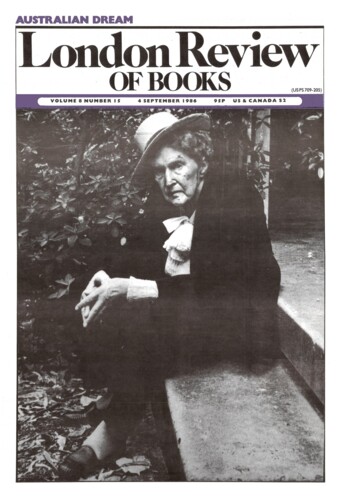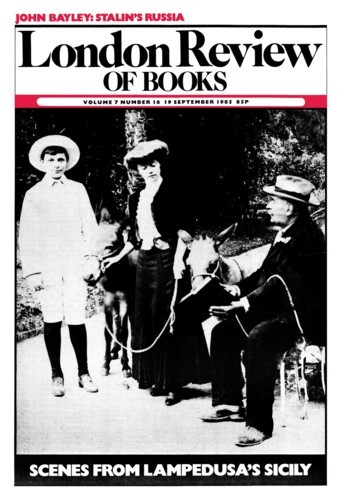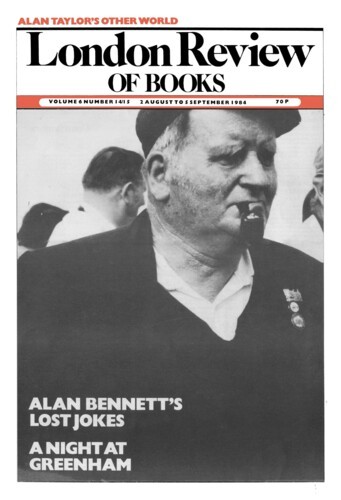Diary: On Cold Fusion
John Ziman, 18 May 1989
The first report of ‘test-tube fusion’ came on the morning news. We debated the plausibilities energetically over the breakfast table. Relative roles were quickly established. Professorial habits die hard. I found myself conducting a tutorial explaining why it sounded about as probable as a flying pig. Naturally, dogmatism was contested. Science must always allow a vast benefit of doubt for anything striking at established doctrine. I must not dismiss the work of Professors Fleischmann and Pons out of hand. We agreed that we must wait for more evidence.





